GAO’s Information Technology Management Issues Director Dave Powner (center) arrive to testify at a House Oversight and Government Reform Committee hearing on the 2020 Census May 8, 2018. Andrew Harnik/AP
 By Edward Graham,
By Edward Graham,
Staff Reporter, Nextgov/FCW
|
“We are the watchdog for the Congress, and it’s really important that they collectively know our value,” congressional relations official Dave Powner told Nextgov/FCW.
The Government Accountability Office’s new congressional relations official is focused on highlighting the watchdog’s bipartisan work and cost savings as the nonpartisan agency’s longtime head prepares to step down before the end of the year.
Dave Powner returned to GAO earlier this month after a roughly seven-year stint with non-profit research giant MITRE, where he worked as executive director for the organization’s Center for Data-Driven Policy and as director of strategic engagement and partnerships. He previously served as GAO’s director of IT issues from 2002 through 2018.
In an interview with Nextgov/FCW, Powner said the impending departure of Comptroller General Gene Dodaro — who leads GAO — means that “it’s really important for us to get the congressional relations part right.” Dodaro will hit his 15-year term limit on December 29.
Congress takes the lead in choosing Dodaro’s replacement, with GAO having a minimal role in the decision. The General Accounting Office Act of 1980 directs Congress to create a bipartisan commission of 10 lawmakers to recommend at least three names to the president, who then makes the final selection.
“It’s really important that that process produces someone who works with both sides of the aisle,” Powner said, adding that he’d like to see someone who, like Dodaro, is a “strong, independent, non-partisan watchdog for the Congress.”
GAO has increasingly come under fire from the White House for releasing dozens of reports that have criticized the Trump administration and its moves to slash federal spending, despite the watchdog not having any enforcement powers. House Republicans have threatened to significantly cut the agency’s budget over criticisms that GAO is biased.
The agency, however, has played a key role in auditing agencies and their systems, with GAO representatives frequently testifying at congressional hearings to provide investigatory insights into the workings of federal entities. The watchdog also maintains a high-risk list of government programs “with serious vulnerabilities to waste, fraud, abuse, or mismanagement, or in need of transformation.”
Last year, Powner said GAO received around 600 requests for reports, which were roughly split between congressional petitions and those mandated by federal law. He added that the agency works to ensure that the requests it fulfills are also split roughly 50-50 between the majority and minority parties in Congress.
“You want to be aware of it as you’re engaging with Congress on who we’re doing the work for,” Powner said. “You don’t want to get accused of working for one side as opposed to the other side. It’s never perfect, but we really take that very seriously.”
When it comes to cracking down on waste, fraud and abuse across the government — a top priority for the Trump administration and its budget-slashing Department of Government Efficiency — GAO has also played a notable role in driving cost savings. Powner said the watchdog has produced savings of $1.2 trillion over the course of Dodaro’s tenure, with the agency saving approximately $70 billion in fiscal year 2023.
“Given our budget, every dollar invested in GAO has a return of, like, over $100,” he said. “That’s a remarkable ROI when you really look at that investment, and we’re finalizing our savings this year right now. We don’t have the total tally yet, but it’s going to be in that ballpark of what we’ve done historically in previous years.”
Powner called it “really key” that the comptroller general transition goes smoothly, adding that “we are the watchdog for the Congress, and it’s really important that they collectively know our value.”
